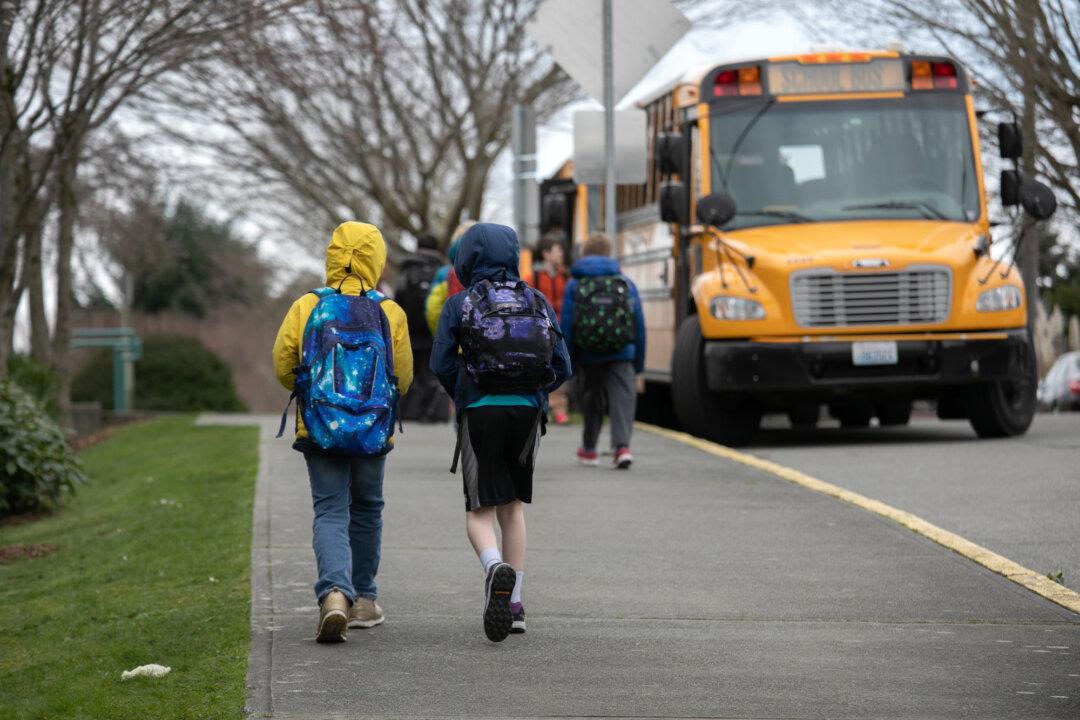Teachers across the nation want to begin next school year with the next grade’s instruction, rather than reteaching content from this spring, according to an online survey on options to help students make up for their lost school days when classrooms reopen in the fall.
Conducted in April by non-profit advocacy group Collaborative for Student Success, the survey (pdf) included over 5,500 teachers, administrators, policymakers, and advocates. Participants were asked for their opinions on the following different options for the 2020-21 school year.
- An extended school year with additional time to revisit content from spring 2020.
- Beginning the next school year with contents from spring 2020, but keep the length unchanged
- Beginning the next school year as in any other year, with next grade’s instruction.
- Offer students the option to repeat the present grade.





